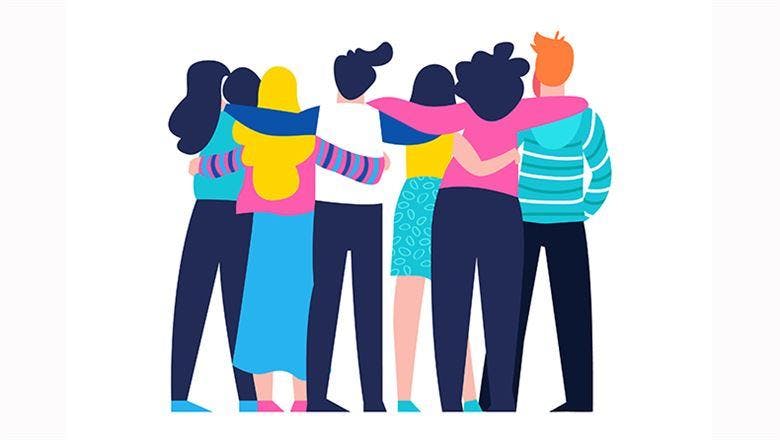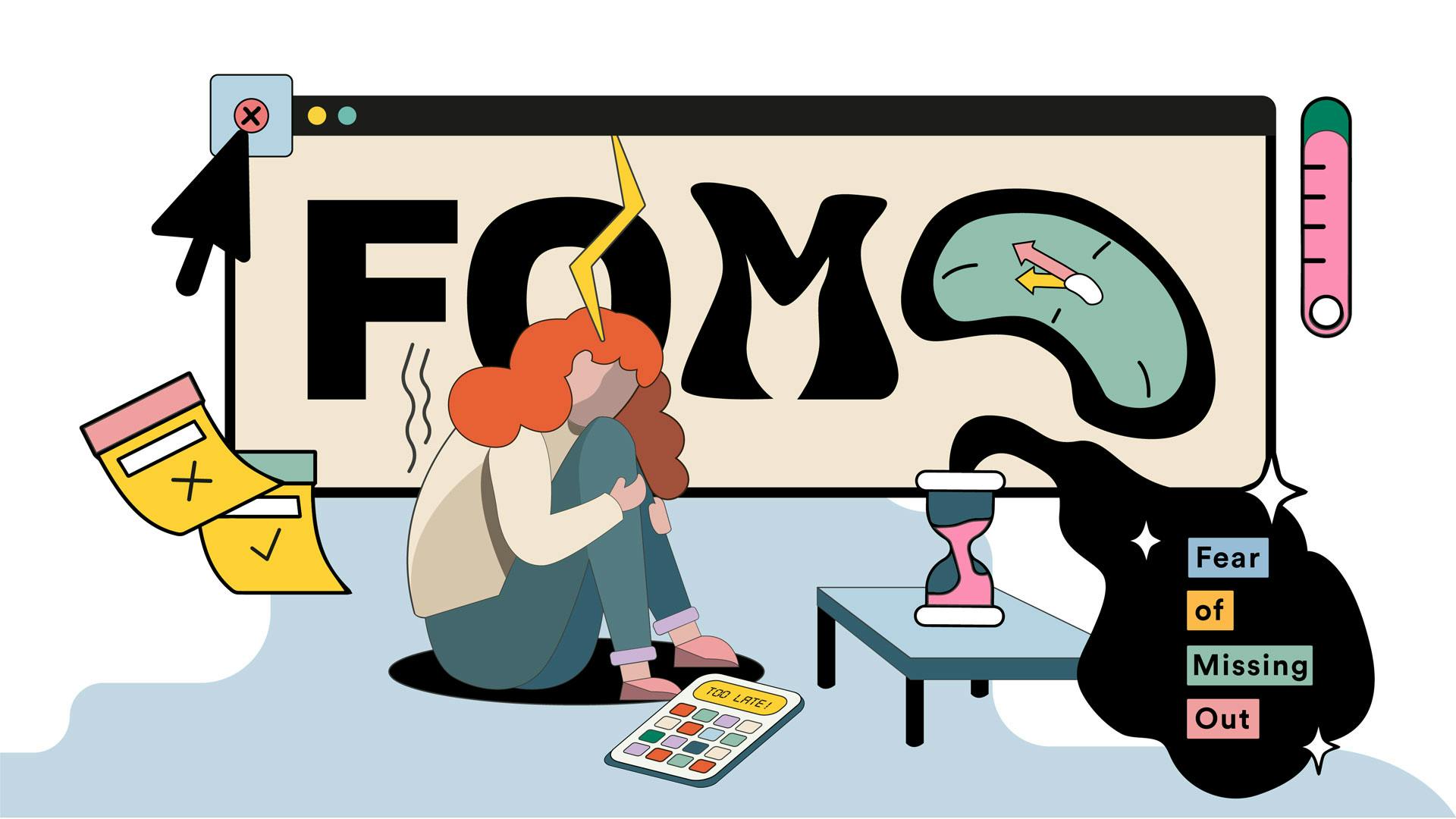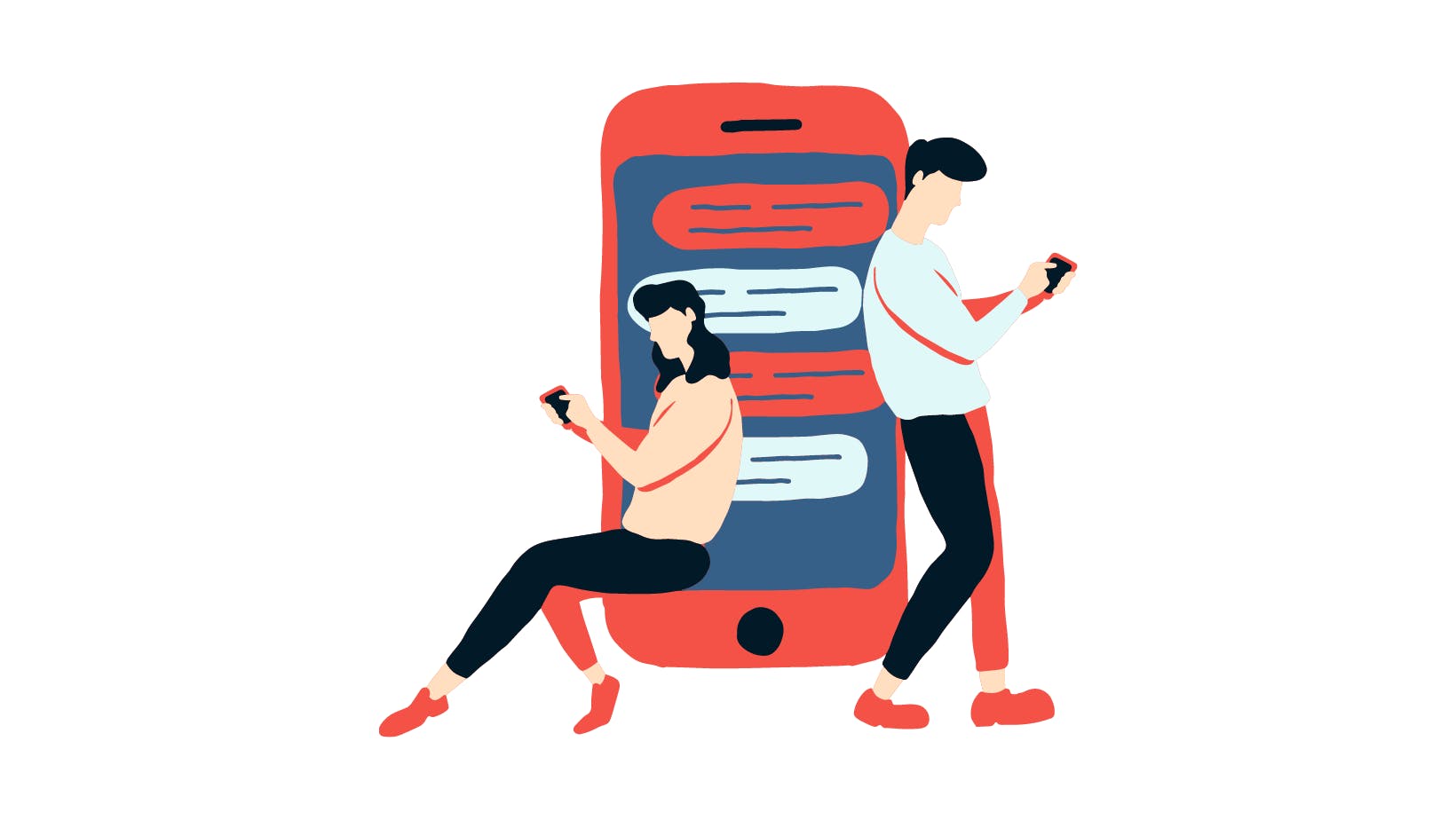According to recent studies, in 2023, the average internet user spent 2 hours and 30 minutes daily on social media, while the average teenager spent an aproximate of 8 hours and 39 minutes on screens, every day. How much is that out of a lifetime? BroadBrandSearch says that time equals 6 years and 8 months spent on social media, for the average person, while the youngsters top that up to 20 + years of their lives spent ON. But why do we do it?
This article explores the psychological factors that drive our interactions on these platforms and how marketers can leverage this understanding for more effective strategies. If you're a marketing consultant, business owner, content creator or a tech individual with interest in social media trends, you might find this article insightful.
Let's start with the most natural of all, human connection, but we will touch subjects as dopamine, social proof, FOMO and ethical responsibility, too!
I. The human connection: Social needs and social media
Humans are inherently social beings. The Social Interaction Theory suggests that social media platforms serve as virtual spaces where individuals seek to fulfill their innate social needs. A 2019 study by Smith et al. revealed that users who engaged more frequently on social media platforms reported higher levels of satisfaction in their social lives. This connection points to the importance of creating content that fosters community and interaction, a key consideration for marketers aiming to enhance engagement. For further reading on the psychology of social sharing, King University Online offers an insightful article (Source: King University Online).

II. The role of dopamine: Understanding the reward system
The instant feedback loop of likes, shares, and comments on social media triggers the release of dopamine, a neurotransmitter associated with pleasure and reward. In their 2021 study, Jones and Harmon discovered a significant increase in dopamine levels following social media interactions, suggesting that the allure of instant gratification plays a major role in our social media usage. For marketers, this means crafting posts that are likely to receive immediate responses, tapping into our brain's reward system. Buffer's article, "The Psychology of Social Media: Why We Like, Comment, and Share Online," provides more insights on this topic (Buffer).
III. Identity and self-expression: Crafting digital personas
Social media allows for the creation of a curated online identity, a concept referred to as 'personal branding'. An article titled 'The Digital Self' by Dttools.eu delves into how users meticulously craft their online personas to align with their desired self-image. For marketers, understanding this aspect of social media use can guide the creation of brand narratives that resonate with the audience's desire for self-expression. Psychology Today provides an excellent article on the broader psychological impacts of social media (Psychology Today).
IV. Social proof and influence: The power of the crowd
Influencers have a profound impact on shaping perceptions and decisions on social media. The 2020 study by Lee et al. demonstrated how influencer endorsements can significantly alter consumer behavior. This phenomenon, known as 'social proof', is a powerful tool in marketing. By collaborating with influencers, brands can leverage their credibility and reach. Additional studies on social media psychology that are useful for marketers can be found in Buffer's compilation of studies.
V. Fear of missing out (FOMO): Staying connected
FOMO, the anxiety of being out of the social loop, is a potent psychological trigger in social media engagement. This fear drives constant connectivity and content consumption. Marketers can tap into FOMO by creating timely, trend-based content that taps into the audience's desire to stay updated.
The National Library of Medicine states that FoMO is considered as a type of problematic attachment to social media, and is associated with a range of negative life experiences and feelings, such as a lack of sleep, reduced life competency, emotional tension, negative effects on physical well-being, anxiety and a lack of emotional control; with intimate connections possibly being seen as a way to counter social rejection.
Another great article on this topic comes from TheZineTalk, where it explains from a personal point of view how fear of missing out is impacted her life.

VI. Marketing strategies: Leveraging psychological insights
Utilizing psychological insights can dramatically improve engagement and effectiveness in marketing. Many campaigns use emotional resonance to drive engagement. These strategies often involve storytelling, creating relatable content, and interactive campaigns that foster a sense of community. Our friends from Forbes talk more about it, here.
VII. Ethical considerations: The responsibility of marketers
While leveraging psychological insights can be powerful, it also brings ethical considerations. Dr. Hannah Green, a media psychologist, emphasizes the importance of balancing marketing goals with ethical practices. She advocates for transparency, respecting user privacy, and avoiding manipulation in marketing strategies. Social Media Marketing should always make sure to include honesty, sensitivity and privacy.
If you're interested in the ethical side of marketing, our friends from OutSmarts have an insightful article on 12 Rules for Ethical Social Media Marketing
Understanding the psychological aspects of social media is a powerful tool for marketers. By understanding and ethically leveraging the psychological factors that drive social media behavior, marketers can create more engaging, meaningful, and effective campaigns. What is your approach when it comes to social media, both personally and profestionally? Share your thoughts below and let's connect!
We are hardwired to connect with others, it's what gives purpose and meaning to our lives, and without it there is suffering.


